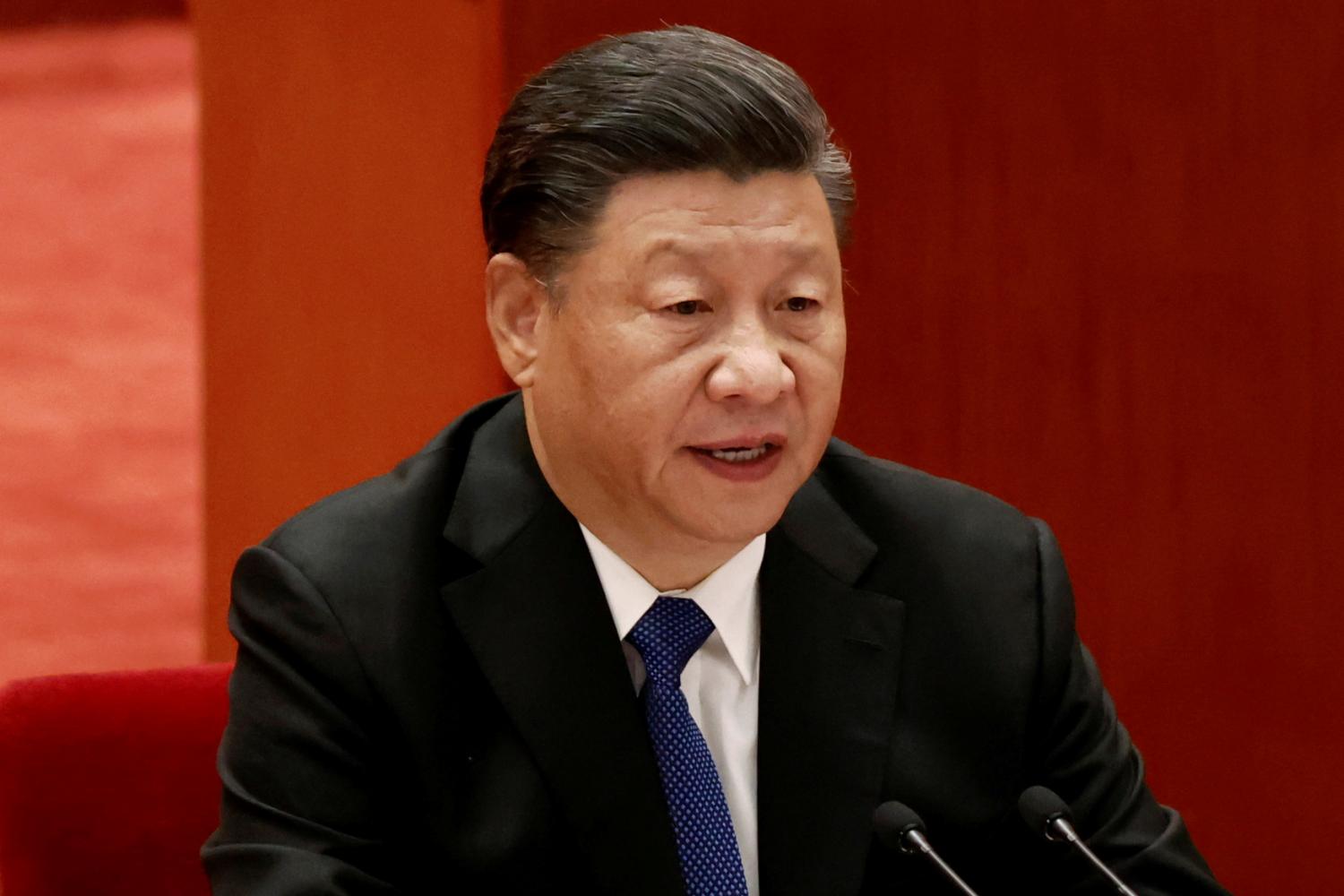
Chinese President Xi Jinping has verbally confirmed his participation at the Asia-Pacific Economic Cooperation (Apec) summit in Bangkok on Nov 18-19, but no final decision from United States President Joe Biden has been received, according to the Ministry of Foreign Affairs.
"We still are in the process of coordinating [on Mr Biden's participation]. We are trying all means to convince all of the Apec leaders to come," ministry spokesman Tanee Sangrat said on Wednesday.
He was responding to media reports that Mr Biden will likely not attend.
Mr Tanee said the lack of clarity from the US side could be related to security reasons. Regardless, Mr Biden has pledged to attend the G20 Summit in Bali on Nov 15-16, according to Thai media reports.
US Vice President Kamala Harris will, however, take part in the Apec summit, according to US media reports.
The reports said Mr Biden would be busy hosting a Nov 19 wedding reception at the White House for his eldest granddaughter Naomi Biden, a daughter of Mr Biden's son Hunter, so cannot come.
The Chinese president, meanwhile, confirmed his participation at the summit through Chinese Foreign Minister Wang Yi, who informed his Thai counterpart, Don Pramudwinai, said Mr Tanee.
Verbal confirmations of participation have also been received from other Apec leaders including New Zealand Prime Minister Jacinda Ardern and Philippine President Ferdinand Marcos Jr, said Mr Tanee.
The leaders of four Apec economies have verbally confirmed their attendance while six more are likely to come and four to five others are still deciding, he added.
The ministry updates the list of participants daily while continuing to coordinate with member nations, he said.
What will be discussed at the meeting is just as important as who will attend, he said.
Established in 1989 to leverage the growing interdependence of Asia-Pacific, Apec now has 21 member economies: Australia, Brunei, Canada, Chile, China, Hong Kong, Indonesia, Japan, South Korea, Malaysia, Mexico, New Zealand, Papua New Guinea, Peru, the Philippines, Russia, Singapore, Chinese Taipei, Thailand, the United States and Vietnam.
"I think the US leader does give Asia-Pacific precedence, especially now that the US is in conflict with other superpowers," said Mr Tanee. "The three upcoming international forums to be held in Southeast Asia should be viewed as a good opportunity."
The Asean summit on Nov 11-13 in Phnom Penh, the G20 in Bali on Nov 15-16 and the Apec summit in Bangkok on Nov 18-19 will be good opportunities for world leaders to discuss ways out of the Russia-Ukraine war, energy prices and food security, said government spokesman Anucha Burapachaisri.
The Apec 2022 summit will serve as a good opportunity for leaders to share the experiences of economic stimulus measures that each country implemented in the aftermath of the Covid-19 pandemic, he said.







